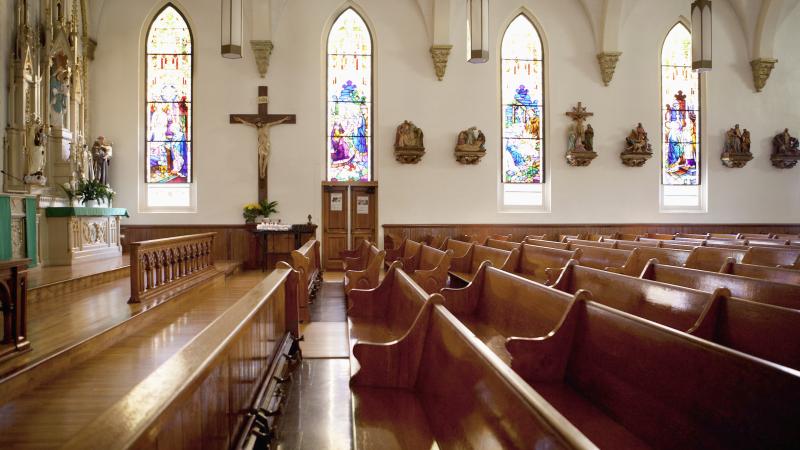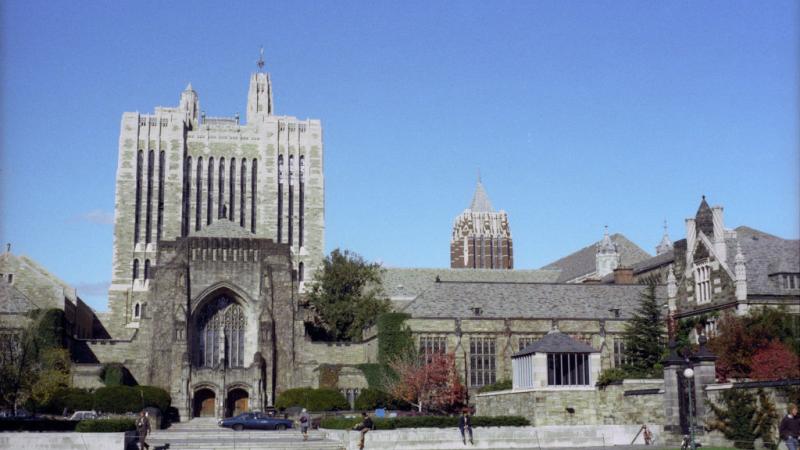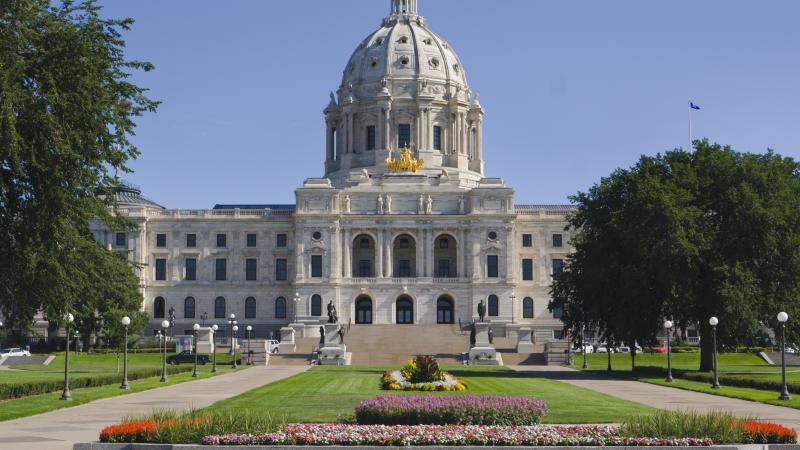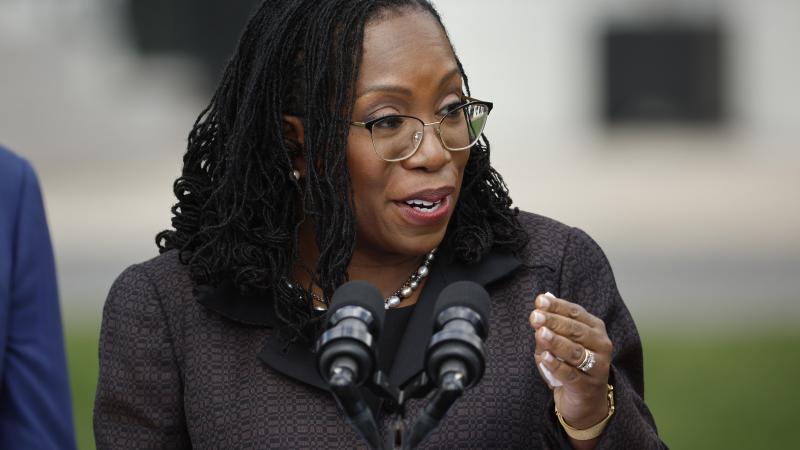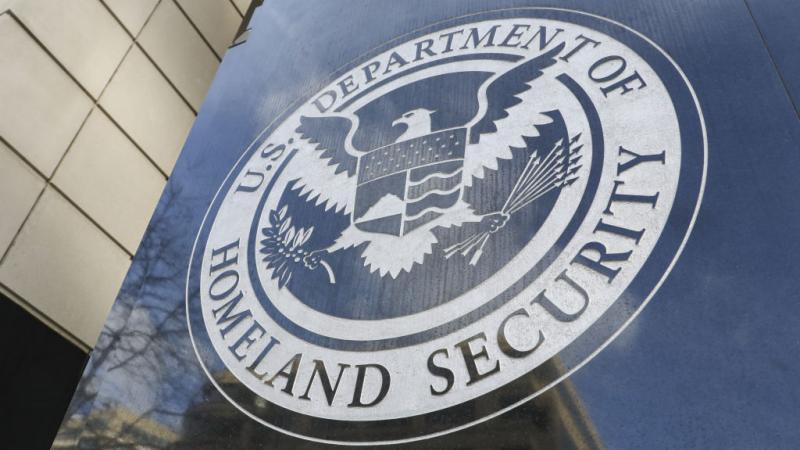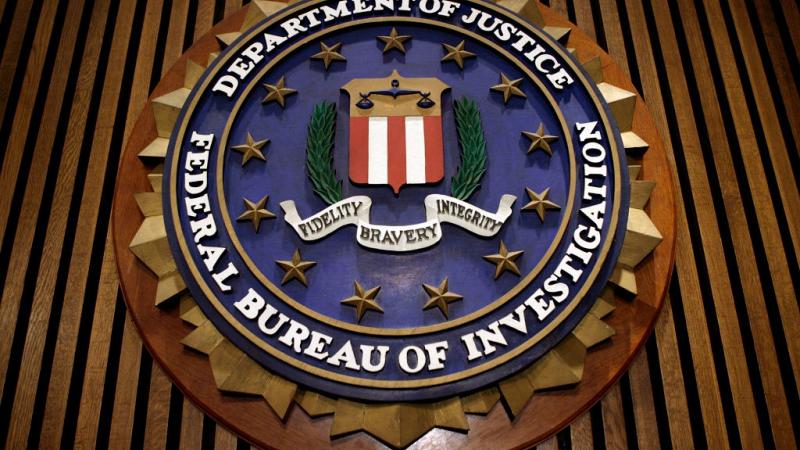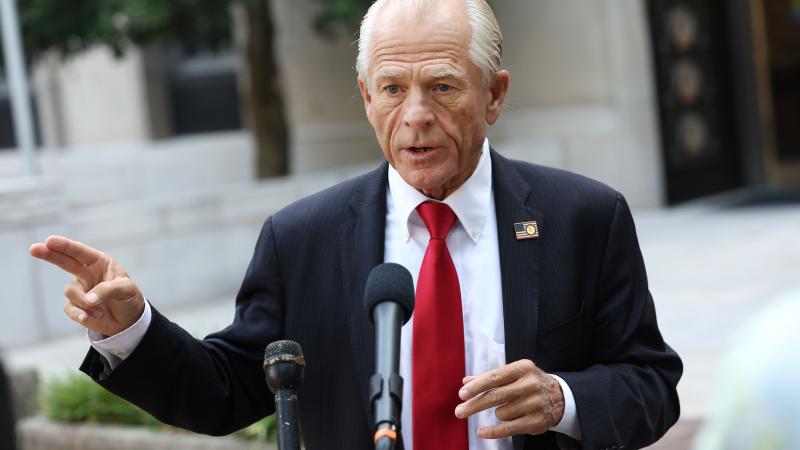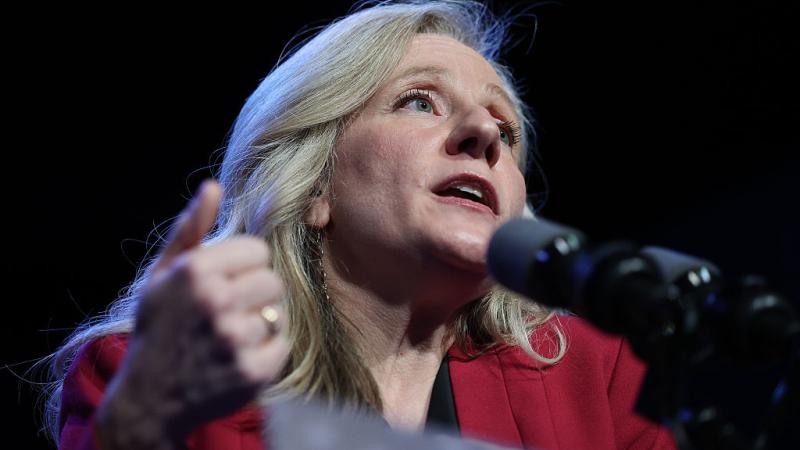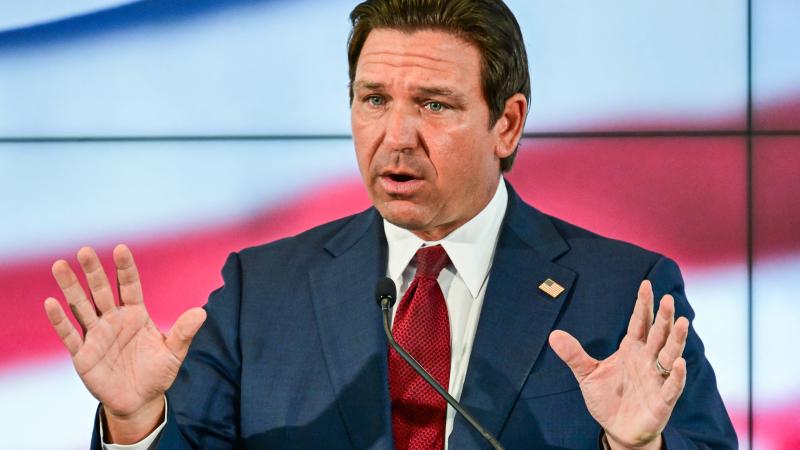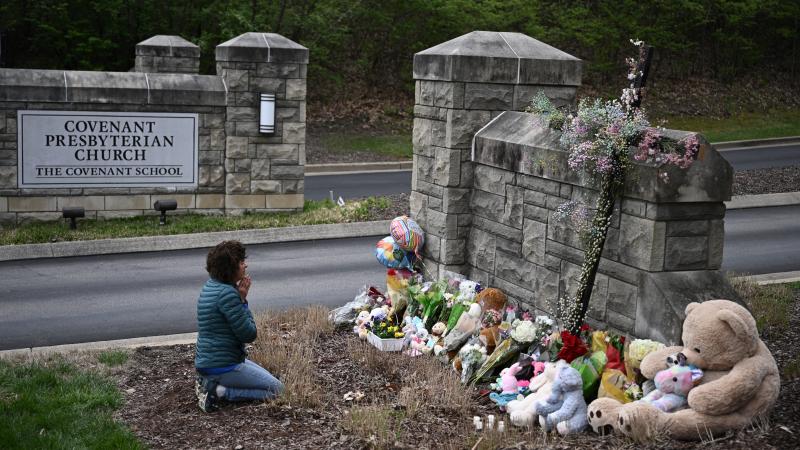COVID relief funds diverted to NY CRT-style K-12 training via Biden American Rescue Plan
U.S. taxpayers are subsidizing New York's Culturally Responsive Sustaining Education Framework, which "portrays America as a structurally biased and oppressive nation in need of fundamental transformation," warns scholar/commentator Stanley Kurtz.
The New York State Education Department is diverting federal pandemic relief funds to a controversial curriculum critics argue is steeped in critical race theory, which will train students to identify inequities and biases supposedly deeply embedded in the country and in their own lives and to plumb the "root causes of inequity."
New York's public schools have been awarded a total of nearly $9 billion in Elementary and Secondary School Emergency Relief aid from federal pandemic relief programs through the U.S. Department of Education, the bulk of it funded by President Biden's American Rescue Plan, a $1.9 trillion bill sold as a COVID-19 relief and economic recovery measure.
One of NYSED's three spending priorities for ESSER funding will be its Culturally Responsive Sustaining Education Framework, which purports to empower students to "learn using aspects of their race, social class, gender, language, sexual orientation, nationality, religion, or ability."
Critics denounce CRSE as a variant of critical race theory, a racially deterministic creed condemning American life and history as pervasively racist that has made inroads into public K-12 education, provoking a grassroots parental backlash in school districts across the country.
"New York's CRSE Framework is steeped in Critical Race Theory and its associated pedagogies," said Stanley Kurtz, senior fellow at the Ethics and Public Policy Center. "CRSE gives the lie to those who claim that CRT isn't used in K-12."
The idea of "'culturally responsible education' was created by education theorist Gloria Ladson-Billings, who was also the first writer to apply critical race theory to the field of education," according to Kurtz.
"Culturally Responsive Education and Critical Race Theory are overlapping and mutually reinforcing pedagogies," Kurtz told Just the News. "The term Critical Race Theory is rightly applied to a number of educational approaches: 'anti-racism,' 'diversity, equity and inclusion,' 'culturally responsive teaching' and the like. They are all close variations on Critical Race Theory."
New York's CRSE program details teachers' and students' roles in eliminating the racism and privilege it teaches is inextricably bound up with the country's history. Students will be taught to continually reflect upon their own "implicit biases," which will help in turn to "dismantle systems of biases and inequities rooted in our country's history, culture, and institutions."
Students will also be conditioned to "challenge power and privilege where present, or absent" and learn to be more "inclusive."
"New York's CRSE Framework explicitly states that it is grounded in Ladson-Billings' mid-1990s work on 'culturally relevant teaching,'" Kurtz emphasized. "To repeat, Ladson-Billings also happens to be the founding mother of Critical Race Theory in K-12."
Ladson-Billings is a member of the expert committee that helped craft New York's CRSE Framework. Django Paris, another committee member, is a student of Ladson-Billings. Alfredo Artiles, another committee member, advocates the use of CRT in education, and "it closely tracks with the content of the CRSE Framework," said Kurtz.
The Biden Education Department initially sought to expressly leverage federal education dollars to spread the influence of critical race theory in schools, but backtracked after severe public backlash arose against instilling the racially divisive ideology in public school students.
The New York State Education Department prioritized spending on culturally responsive and sustaining education in a detailed 263-page report outlining how it planned to spend its ESSER funds.
"The CRSE Framework is actively hostile to the idea of teaching New York's children about their shared civic heritage as Americans," warns Kurz. "Instead, the framework portrays America as a structurally biased and oppressive nation in need of fundamental transformation."
NYSED described how equitable learning could be achieved through CRSE, as teachers will affirm race and culture in the classroom. Teachers will "empower students as agents of social change."
"Rather than treating every American as a unique individual entitled to equality before the law, the CRSE framework divides us into inherently privileged or oppressed identity groups," argues Kurtz.
"The framework is clearly designed to turn students into political activists working on behalf of leftist causes," he said, adding that "this framework cannot serve as a basis for fair-minded education."
In an article on the education site Chalkbeat, one New York City fifth grade teacher applauded the "almost $500 million" over three years she claimed "will be allocated to CRSE so that our students are reflected in what and how they learn."
"For our students of color," CRSE "means learning their stories and histories, and connecting deeply to them while at school," wrote Amy Parker.
"For our white students, this means personal growth, deeper historical understanding, and the development of young activists," she admitted.
"New York is utilizing ARP ESSER funds for their designated purpose," said New York State Education Department Spokesman JP O'Hare.
"Further, the notion that New York is diverting funding for a critical-race-theory-focused student training curriculum is patently false," O'Hare added. "None of the policies or initiatives advanced by NYSED or the Board of Regents are related to Critical Race Theory. The Department is committed to ensuring New York’s schools are places where all students are welcomed and supported, provided with equitable opportunities to succeed, and valued for the cultures, languages, and life experiences they bring to the classroom."
In addition to its share of ESSER funding, New York received a $20 million Rethink Education Models grant from the U.S. Department of Education to implement hybrid/virtual learning and integrate CRSE. However, NYSED reported that hybrid learning presented a challenge for teachers as "they struggled to promote CRSE during the pandemic."
The Biden Education Department approved NYSED's funding plan, including the CRSE curriculum, and Education Secretary Miguel Cardona praised New York's objectives.
"The state plans that have been submitted to the Department lay the groundwork for the ways in which an unprecedented infusion of federal resources will be used to address the urgent needs of America's children and build back better," Cardona said when the plan was approved.
